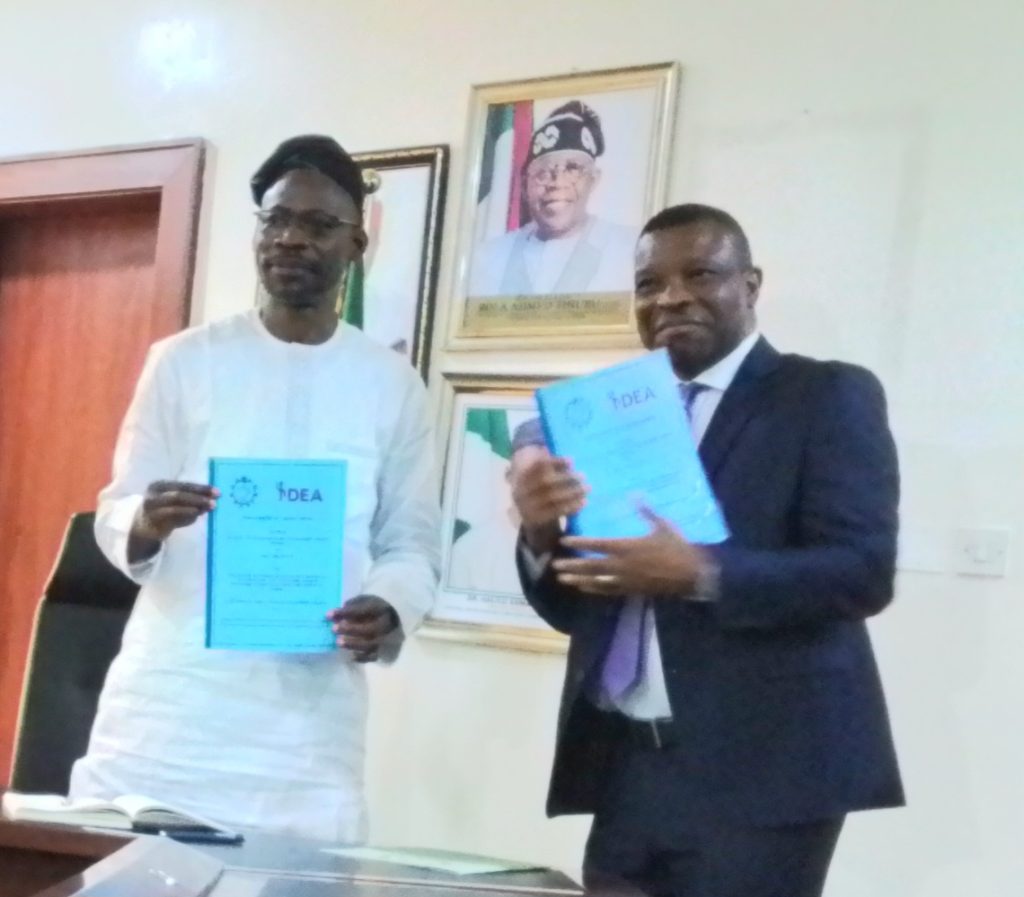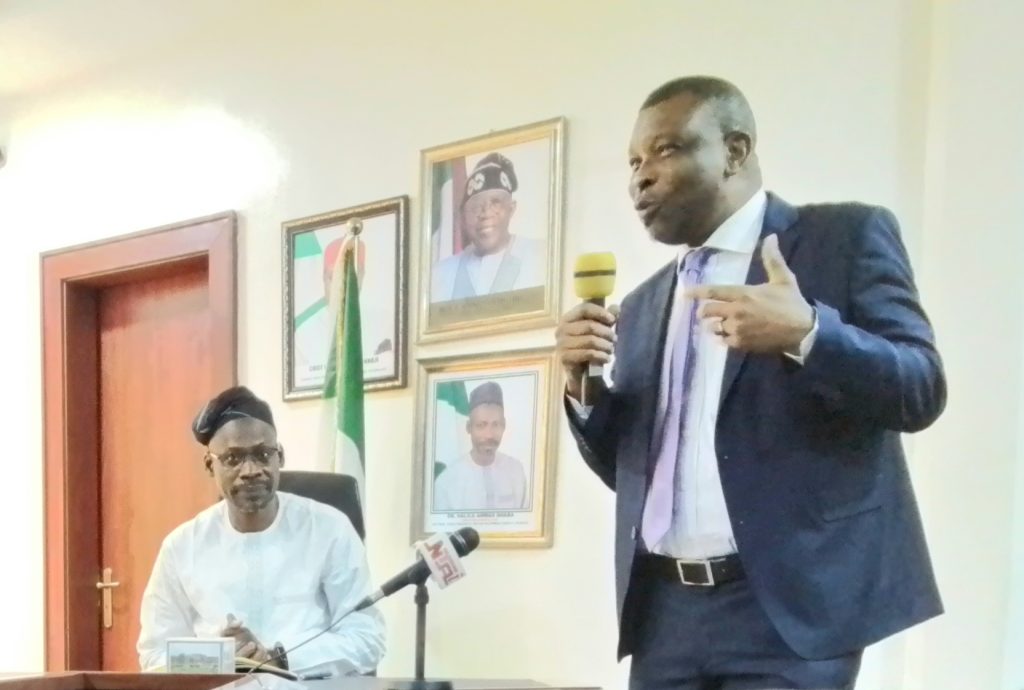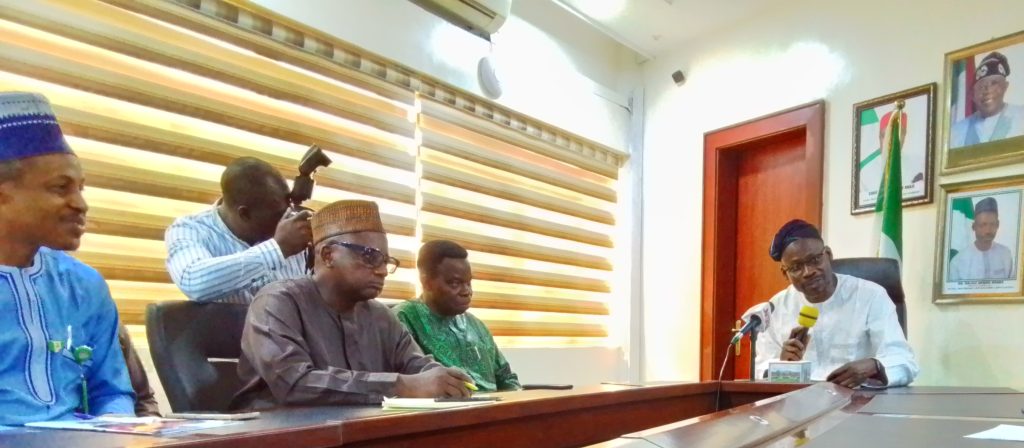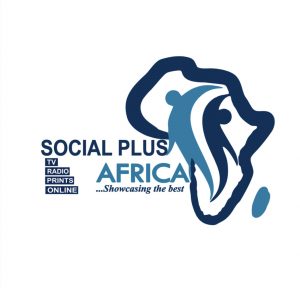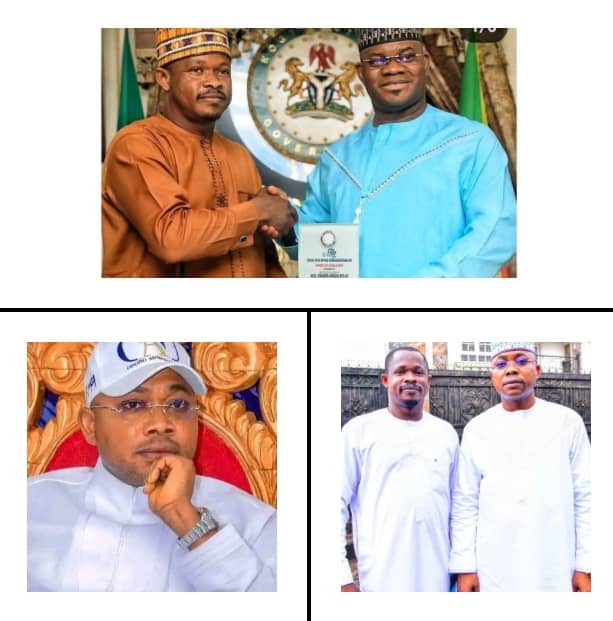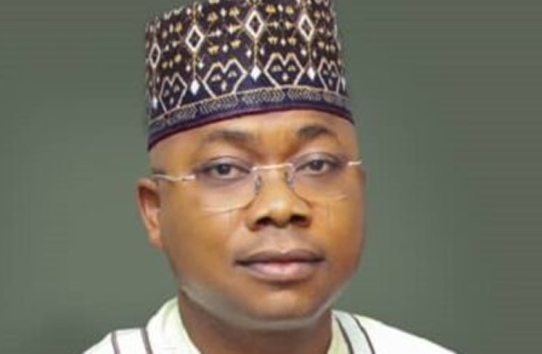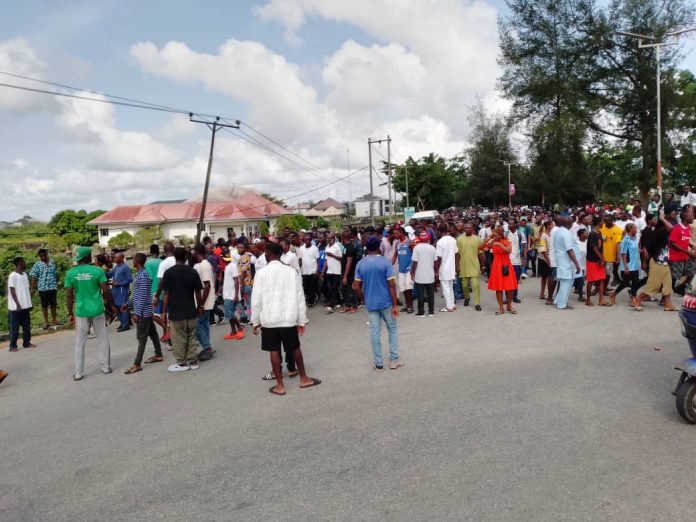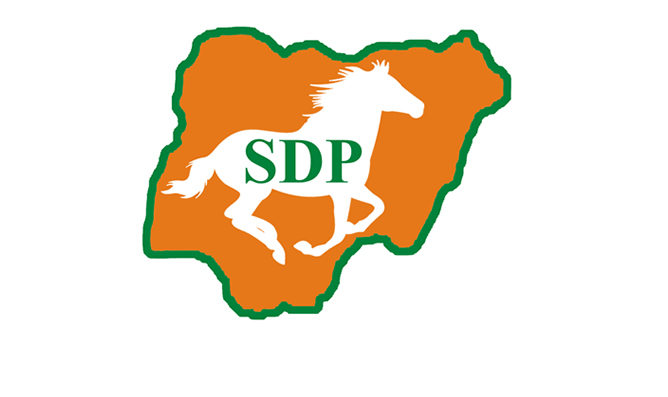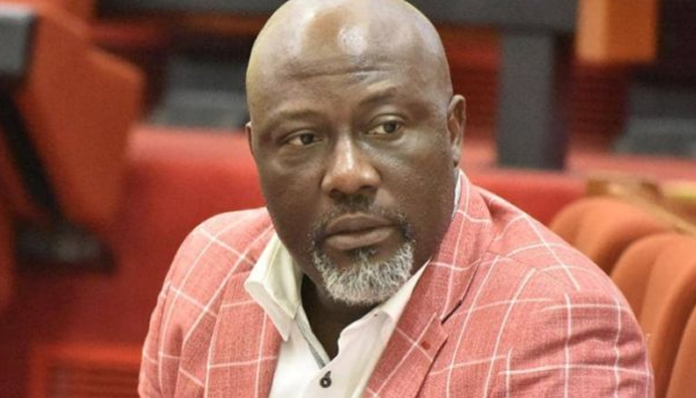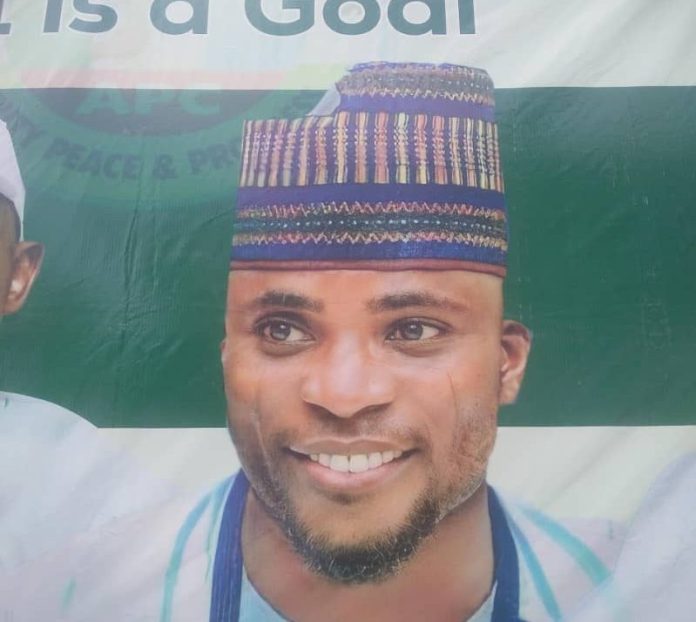Hundreds of PDP supporters in Bayelsa State on Sunday staged a peaceful protest in Yenagoa against the alleged manipulated results of Saturday’s governorship election conducted in Nembe-Bassambiri, Nembe Local Government Area.
They alleged that the election did not take place in Nembe-Bassambiri and that the results from the polling units in the area were concocted.
They had at about 9:30 am converged on the Isaac Boro Peace Park at Ovom on the Mbiama-Yenagoa Road before marching towards the gate of the Independent National Electoral Commission, Bayelsa State office, along the Swali Market Road.
But as the protesters approached the Swali Road from the Lambert Eradiri Road and moved past the roundabout connecting Mgbi Road, several armed security operatives mounting a checkpoint on Swali Road stopped them from getting close to the junction leading to the INEC office entrance.
The security operatives blocked the road with Armoured Personnel and several security patrol vans while taking strategic positions around the area.
Speaking in an interview with reporters, the state Commissioner for Education, Gentle Emelah, said they embarked on the demonstration because eligible PDP voters in Nembe-Bassambiri were disenfranchised and it was unacceptable.
He called on INEC and the State Resident Electoral Commissioner, Obo Effanga, to reject results from Nembe-Bassambiri, insisting that voting did not take place in the community.
Emelah said, “We are here to tell the world that election is not violence. Election is a serious responsibility. Everyone that is having electoral rights ought to cast his vote.
“But what is happening in Nembe-Bassambiri is not acceptable in the sense that you cannot disenfranchise eligible voters and coerce INEC to do your bid. We are saying that a level playing ground should be provided to every adult of voting age to cast his or her vote.
“We know that there was no election in Nembe-Bassambiri. So because of that, we are taking INEC to discard that result. And if at all, let them revisit the Bassambiri issue and make sure that everybody will have the right to vote.”
Also speaking, the state Attorney-General and Commissioner for Justice, Diriyai Dambo SAN, described the incident in Nembe-Bassambiri as “a rape on democracy”, claiming that the party’s supporters who were travelling to Nembe ahead of the governorship polls on November 10 were allegedly subjected to a life-threatening situation.
Dambo said that balloting was not conducted in Nembe-Bassambiri, particularly in constituencies 2 and 9, and that fake results were written and posted on social media.
He demanded that INEC should apply itself to the rule of law and do the right thing in line with the commitment of President Bola Tinubu to ensure free and fair elections in the country.
Dambo, an indigene of Nembe, said, “If what we are here for is allowed to go on, then there will be a massive rape of democracy. We are here because we were disenfranchised in Nembe-Bassambiri where I am from. Precisely, on the 10th of November, most of our people with about 58 buses left Yenagoa to Nembe with escorts.
“When we got there, the SWAT Team was blocking the entrance to Nembe with other APC acclaimed youths. They said we should come down for a search. One of our boys identified as Kile came down and they manhandled him. He escaped by the whisker. Thereafter they started threatening us, up to the extent that they threw tear gas at us. They said we could not come in, to the extent that most of them were scared for their lives so they had to leave.
“Subsequently, we now saw that there was no election in Nembe-Bassambiri, constituency 2 and 3. And we now found out that results started coming out on social media, results that were uploaded in the BVAS. And you see that these results are the kinds of results that are so outrageous, we don’t know where they are coming from.
“So we are here to appeal to INEC, we are not coming to disparage INEC. We just want them to follow the rule of law and ensure that they do what is right thing in line with Mr President’s resolve that there have to be free and fair elections in the country.
“They would have allowed everybody to come into Nembe-Bassambiri and vote; one man, one vote. But this one, none of us went in there to vote, only the APC people were there. They manipulated everything and started posting results on social media. We don’t want that to continue. So we are here to appeal to INEC that they should look into those results very well and do what is right.”

